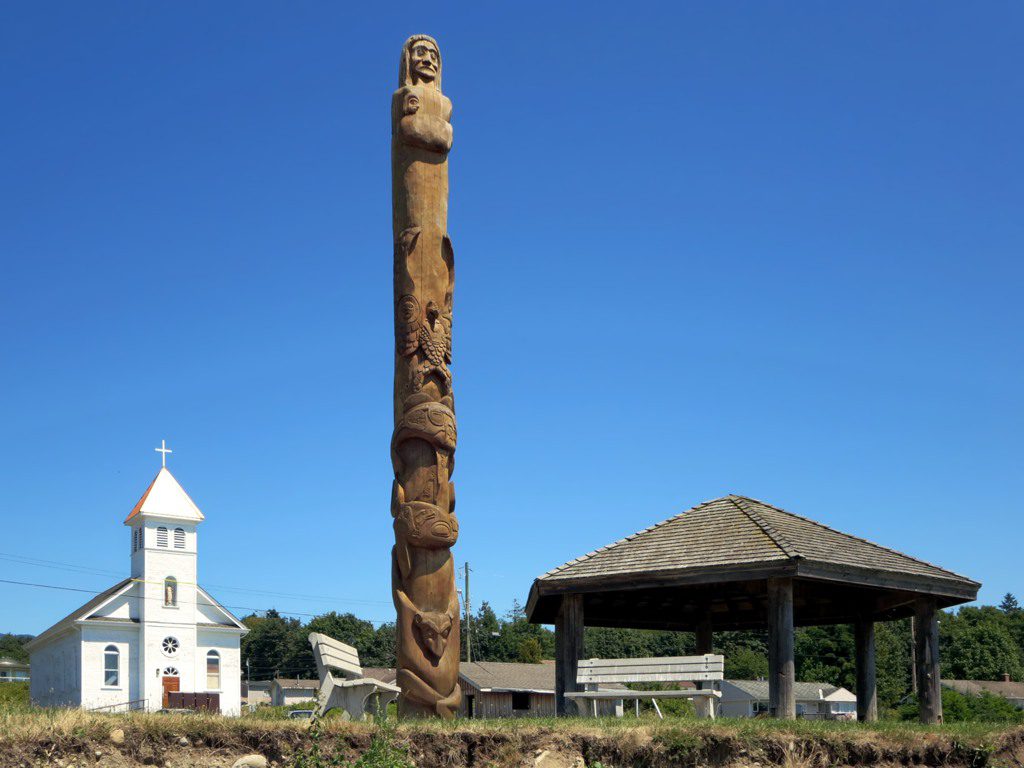
This article originally appeared in the National Post.
By Chris Sankey, August 19, 2022
Just when First Nations on the west coast were making real economic advances, with the Haisla Nation led Cedar LNG terminal in Kitimat close to becoming a reality and other Indigenous-led projects starting to find investors, the federal government has announced perhaps their most economically destructive and geopolitically oblivious policy yet.
The 2030 Emissions Reduction Plan is actually a production reduction plan which will worsen the energy crisis, handicap Canada’s economy, and jeopardize the best opportunity for Indigenous prosperity since the fishing and fur trade days.
The Liberals may be thinking they’re just keeping a promise to meet their United Nations Paris Agreement commitments. For some reason, despite their treaty obligations, the war in Ukraine, and a global food and energy crisis, this is their most pressing priority. But many Indigenous workers, entrepreneurs and leaders across Canada see this in a very different perspective.
For a decade, dozens of First Nations, from Treaty 8 to the West Coast, have been tirelessly preparing to be part of the LNG boom, from planning upstream production to equity in pipelines to ownership of terminals. We have done this in the face of protesting environmentalists who either ignored us or accused us of being sellouts. We have negotiated the most sophisticated Indigenous equity deals that the world has ever seen, convincing government and industry of our rights to get a fair share of the pie. We’ve ensured common sense protections of our lands and waters so that future generations can still practice our cultures.
Despite indifference amongst nations when it comes to development, we have been seeing success. We are now global players, sitting at the boardroom table as partners. When the CGL pipeline and LNG Canada terminals are complete, Indigenous communities will see revenues start to come in. That is how we build sovereign wealth.
With global demand skyrocketing for natural gas, the Montney Formation’s vast oil and gas resources on Treaty 8 territory in northeast B.C. mean we can expect stable returns for generations. We are proud that natural gas extraction will displace coal use, which this year is hitting record highs — for a lack of natural gas. After 150 years of colonization, marginalization and poverty, this is a game-changing ray of hope for our peoples.
Or it was until last month, when the federal government introduced its plan to cut emissions from the oil and gas sector by 42 per cent in the next seven years. The sector cannot cut emissions by that much while at the same time creating a new LNG export industry. It’s hard to look at the plan without concluding that everything we’ve been building for the past decade is now doomed.
Did the Liberals consult with any First Nations before planning the demise of Canada’s LNG prospects? Of course not. They only consult with Indigenous people who agree with their plans. What they have done instead is offer two equally unacceptable and narrow options: cap and trade, or carbon pricing. Instead of actual dialogue, Indigenous people can submit their thoughts to a government email address and attend an online engagement session, just like every other stakeholder. There is no way this meets the Crown’s obligation to consult, let alone the UN declaration on the rights of Indigenous peoples. But that’s what’s on offer.
The final insult was the timing. The discussion paper on emissions reduction was announced days before Pope Francis’s visit to Canada, when our nations were preoccupied with the apology and reflecting on the consequences of residential schools. This summer is also an important time, after a two-year hiatus, for our communities to gather for potlatches, powwows and culture camps, not to mention hunting and fishing and being on the land. There is no one to consult with, no one to inform of the drastic economic consequences of this plan. Not only will we have no role in shaping the plan, most Indigenous people won’t even know it is happening until it is too late.
How can you pontificate about nation-to-nation relationships, or make a big deal of passing UNDRIP legislation, then announce plans that undermine the sector which offers dozens of nations the best opportunity for economic self-determination, without out input or consent?
Ottawa doesn’t have legal authority to proceed in this fashion, but it’s just another example of how our nations have to fight for every dollar, every job and every project we’re involved in. Indigenous people are working to give our kids a better life than we had. Will the government ever get out of our way?
Chris Sankey is a former elected councillor for Lax Kw’ Alaams Band, a business leader and a Senior Fellow at the Macdonald-Laurier Institute.




